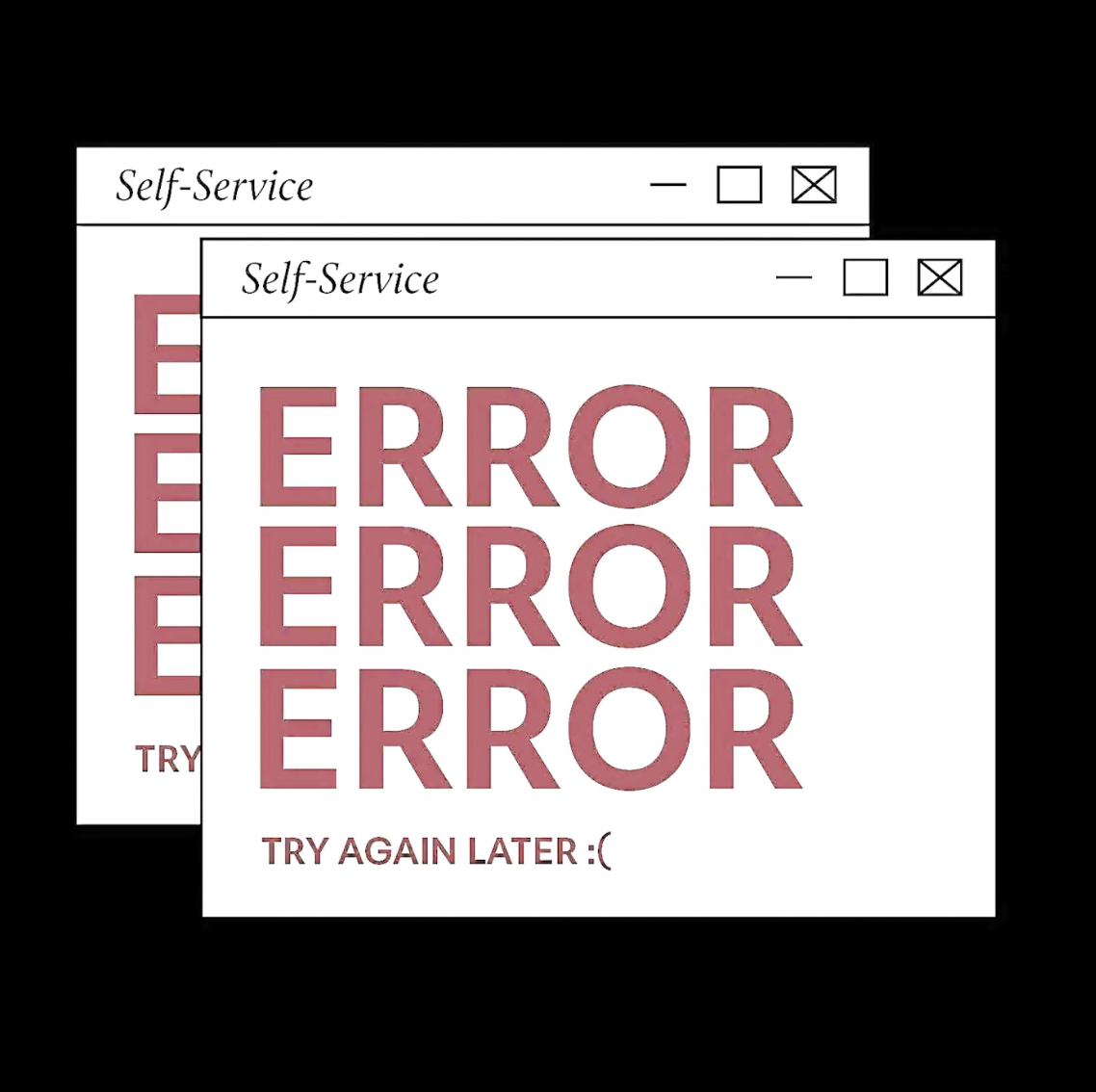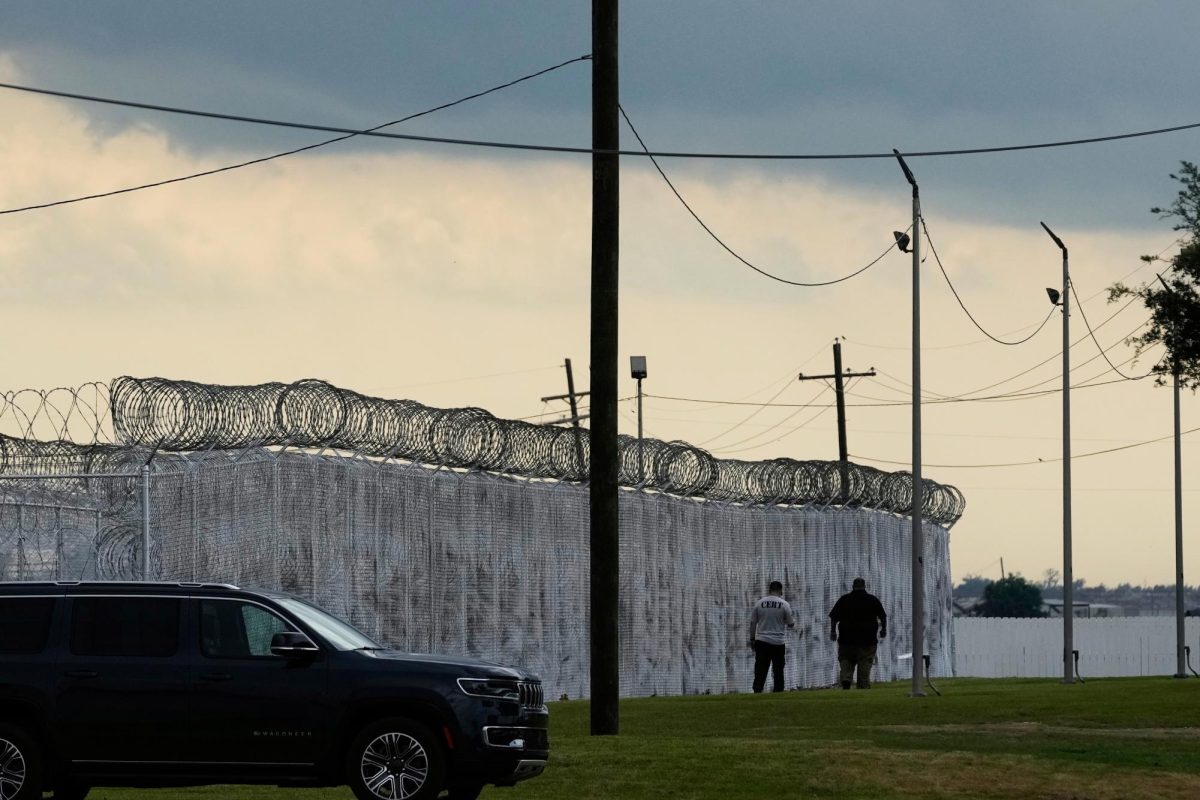To the editor,
As instructors in the Office of Teacher Education, we feel obligated to clarify to readers of the Maroon information about our program that may have been misrepresented or misconstrued in an article published in the September 22 issue.
The Teacher Education Program at Loyola is approved by the Louisiana State Department of Education to offer certification programs at the middle and secondary school level in a variety of academic subjects: English, math, social studies, the sciences, and foreign languages. Requirements of the program are communicated to students in writing through official documents such as DPCLs and program descriptions, as well as verbally during advising and cohort group meetings.
Students are invited to these meetings via email and verbally. If a student has a scheduling conflict during a program meeting, we follow up with individual meetings, both online and in person. If students do not read emails or attend meetings that explain the requirements of the program, there will be some gaps in understanding.
The Praxis II academic area assessments are taken before beginning residency (formerly known as student teaching) to affirm that students have the content knowledge to teach in that area. This knowledge is accrued as students take the academic courses in their major during the first three years at the university. We consult with other Loyola academic departments to ensure that students are prepared to pass their Praxis II content exams.
This partnership is important, as it is not possible for our office to teach students the content necessary to pass the Praxis II exams in all academic areas. To be clear, the teacher education program offers coursework in education, not the content areas listed above. This partnership seems to be working, as until this year, we have never had an undergraduate student be unable to pass the Praxis II content exam.
Once students pass the Praxis II content assessments, they can then apply for residency in the Teacher Education program and move into the yearlong teaching residency. During this phase of the program, students are placed with a mentor teacher. The state requires that the mentor has been trained and certified in a mentor program or has provided credentials to obtain a waiver. Due to these stipulations, there are not a huge number of available mentors and Loyola has to compete with other local universities for partnerships with them.
During the application for residency, candidates are interviewed and asked for their preferences regarding placement, including location. Many times students do not have a preferred teacher or school, but do provide a preferred grade and subject. Placements are then made in a school and classroom that is open and welcoming to student residents. Since the program’s inception, students have been placed at a variety of diverse schools; some students prefer to be placed in the Catholic school system, others voice they would like a public school.
We always strive to place students in a place where they can thrive and learn, and when students communicate concerns to us, we are able to address those concerns accordingly. Not every teacher is open to having a resident in the classroom weekly for a full year. Our program is very grateful for those mentor teachers who open their doors and provide support and guidance for our residents.
Early in the second semester of residency, students schedule and take the Praxis II Principles of Learning and Teaching (PLT) assessment. This is the test that measures students’ ability in the area of instructional delivery. This assessment measures knowledge and skills relative to the content that is taught in the Teacher Education program, such as multicultural education, students with special needs, classroom management, content literacy, and instructional methods. We are proud that a full 100% of our students who have taken the PLT since the inception of our program have passed it on the first attempt. Many have scored at the upper end of the average range; some have scored beyond the average range.
During the residency year, students receive support from their mentor teacher and the Loyola instructors. Communication occurs weekly during the methods classes, cohort meetings, and onsite visits. Each of these activities provides students with an opportunity to discuss their achievements and challenges. As such, the ultimate goal of the Teacher Education Program at Loyola is to support candidates as they develop their teaching skills and grow into effective teachers.
Sincerely,
Drs. Glenda Hembree and Julia Miller
Office of Teacher Education















